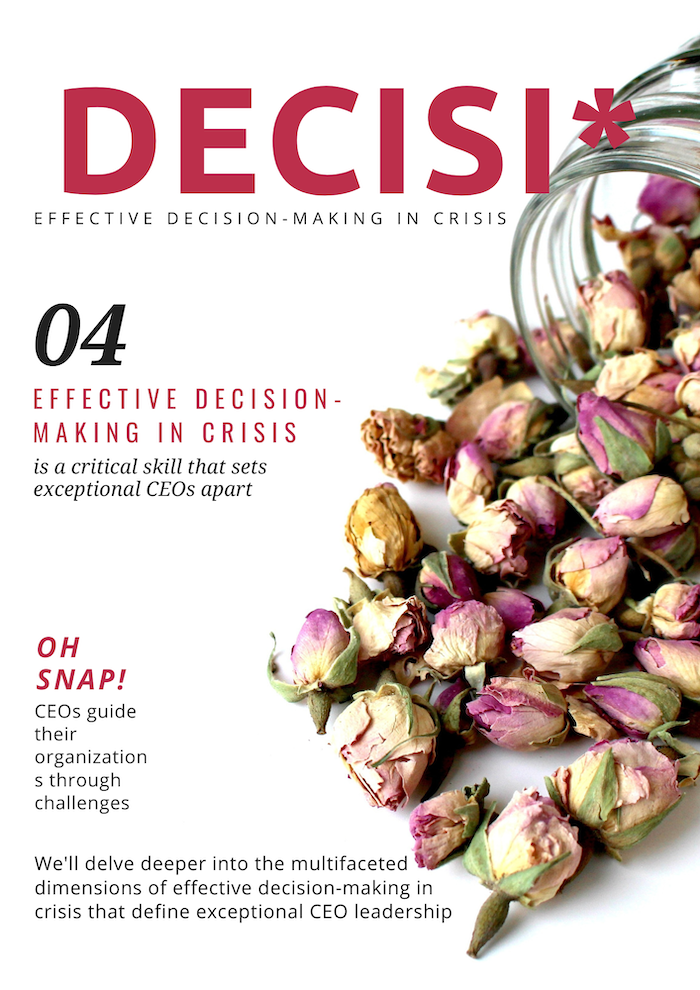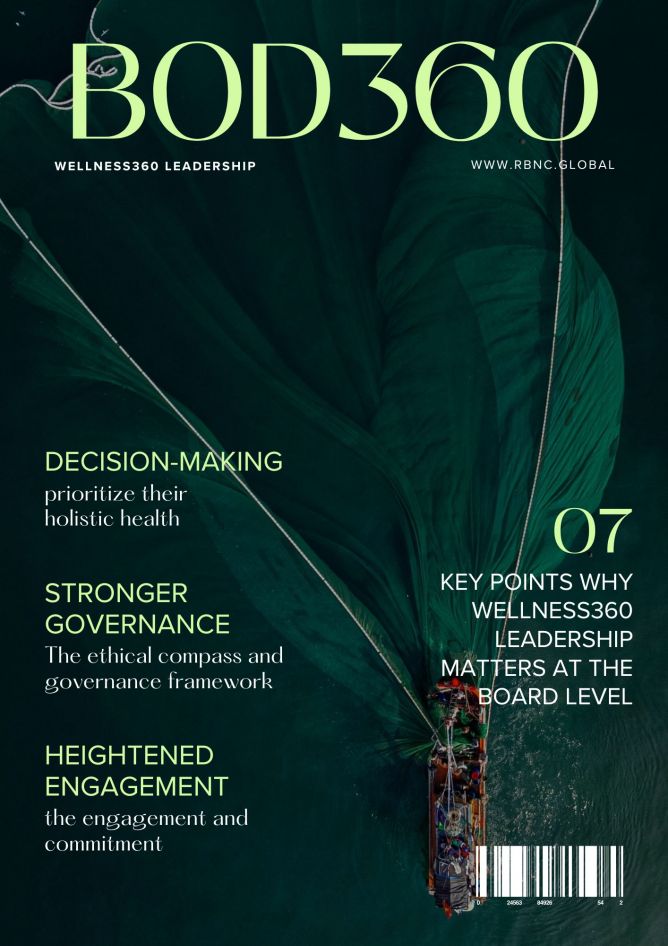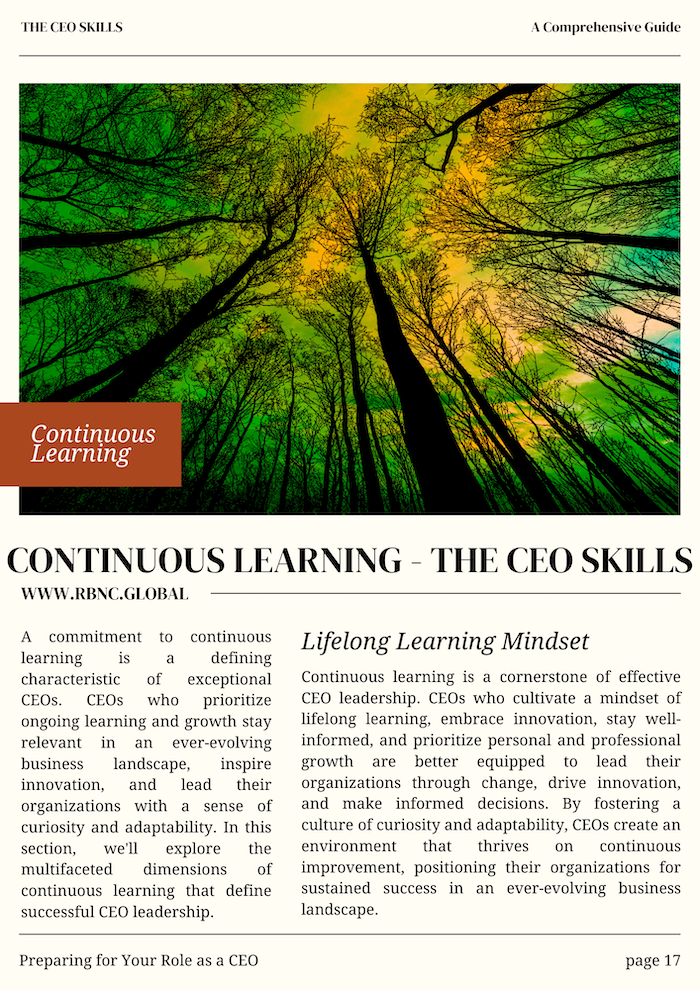Effective Decision-Making in Crisis - The CEO Skills
Effective decision-making in times of crisis is a hallmark of exceptional CEO leadership. CEOs who excel in this aspect demonstrate their ability to navigate uncertainty, maintain composure, and make informed choices that steer the organization toward stability and recovery. In this section, we'll delve deeper into the multifaceted dimensions of effective decision-making in crisis that define exceptional CEO leadership.
Calm Under Pressure:
Exceptional CEOs maintain their composure and clarity of thought even in high-pressure and emotionally charged crisis situations.
- Decisive Leadership: CEOs project confidence and decisiveness, instilling trust in stakeholders and reassuring them that the organization is under capable leadership.
- Stress Management: These CEOs manage their own stress and anxiety, setting an example for the team and fostering a productive and focused environment.
- Clear Communication: Exceptional CEOs communicate with a calm demeanour, ensuring that messages are conveyed effectively and without unnecessary panic.
Data-Informed Decisions:
CEOs who excel in effective decision-making base their choices on accurate data and insights rather than assumptions or emotions.
- Accurate Information: These CEOs gather and analyze relevant data to understand the scope and implications of the crisis accurately.
- Consulting Experts: Exceptional CEOs seek input from subject matter experts and advisors who can provide valuable insights and data-driven recommendations.
- Rational Assessment: CEOs evaluate the situation objectively, considering both short-term and long-term consequences of potential decisions.
Stakeholder Consideration:
CEOs skilled in effective decision-making in crisis consider the impact of their choices on various stakeholders.
- Employee Well-Being: These CEOs prioritize the well-being and safety of employees, making decisions that protect their health and job security.
- Customer Trust: Exceptional CEOs maintain open communication with customers, addressing concerns and maintaining transparency to retain their trust.
- Investor Confidence: CEOs consider the potential impact of their decisions on investor confidence and communicate a clear plan for resolution.
Adaptive Strategy:
CEOs who prioritize effective decision-making in crisis are willing to adjust their strategies in response to changing circumstances.
- Real-Time Adjustments: These CEOs remain flexible and open to adapting their strategies as new information becomes available.
- Short-Term vs. Long-Term: Exceptional CEOs balance short-term decisions that address immediate crisis needs with long-term strategies that ensure sustainability.
- Learning Orientation: CEOs view crises as opportunities to learn and improve, adjusting strategies to prevent similar challenges in the future.
Conclusion:
Effective decision-making in crisis is a critical skill that sets exceptional CEOs apart. CEOs who maintain composure under pressure, base decisions on data and insights, consider stakeholder impacts, and adapt their strategies demonstrate their ability to lead with resilience and strategic foresight. By making informed choices during times of uncertainty, CEOs guide their organizations through challenges, instill confidence in stakeholders, and position the organization for recovery and sustained success.









